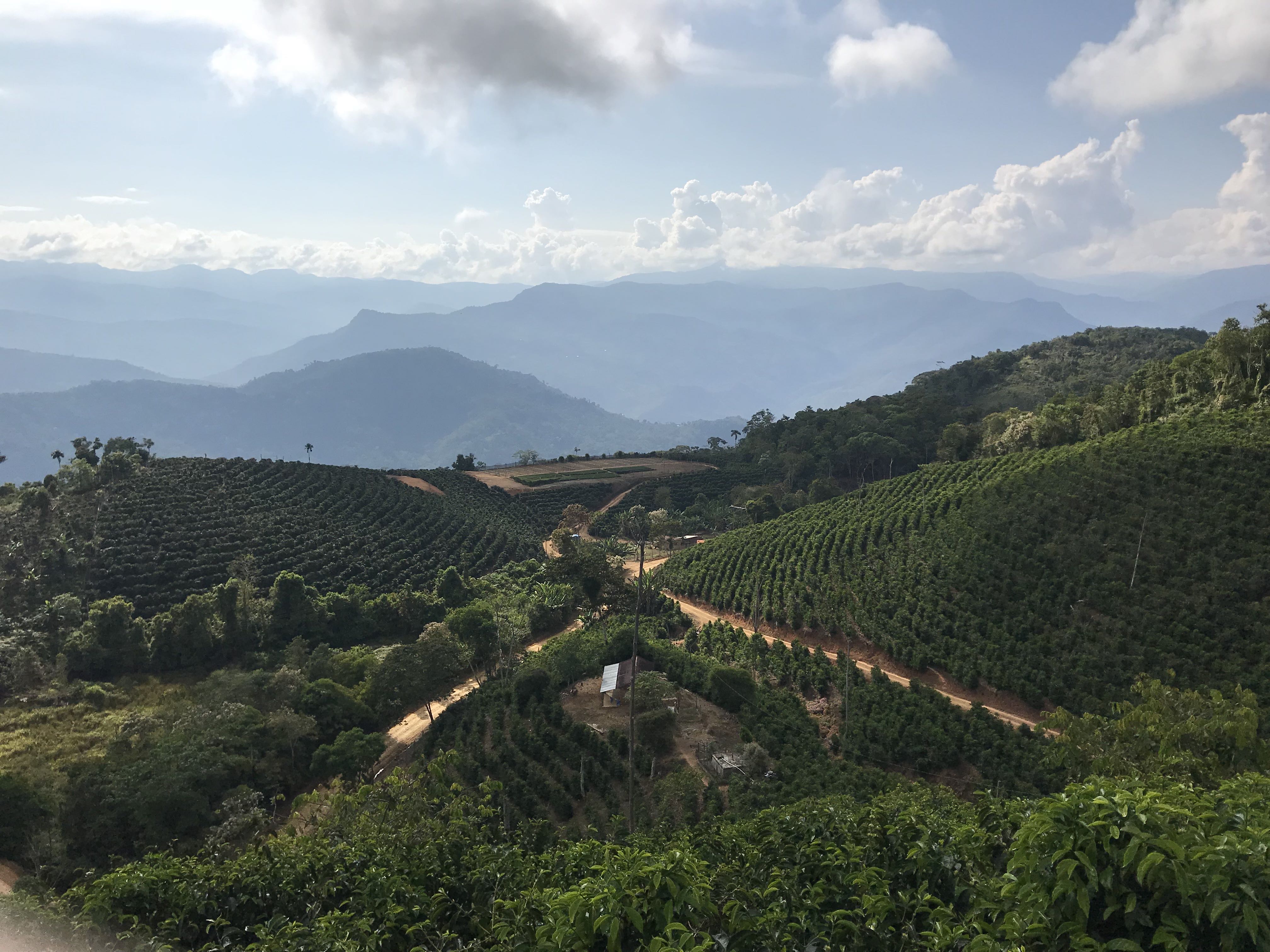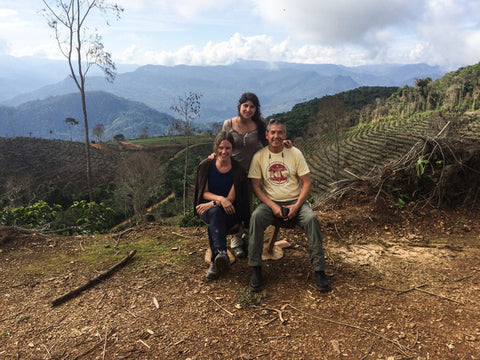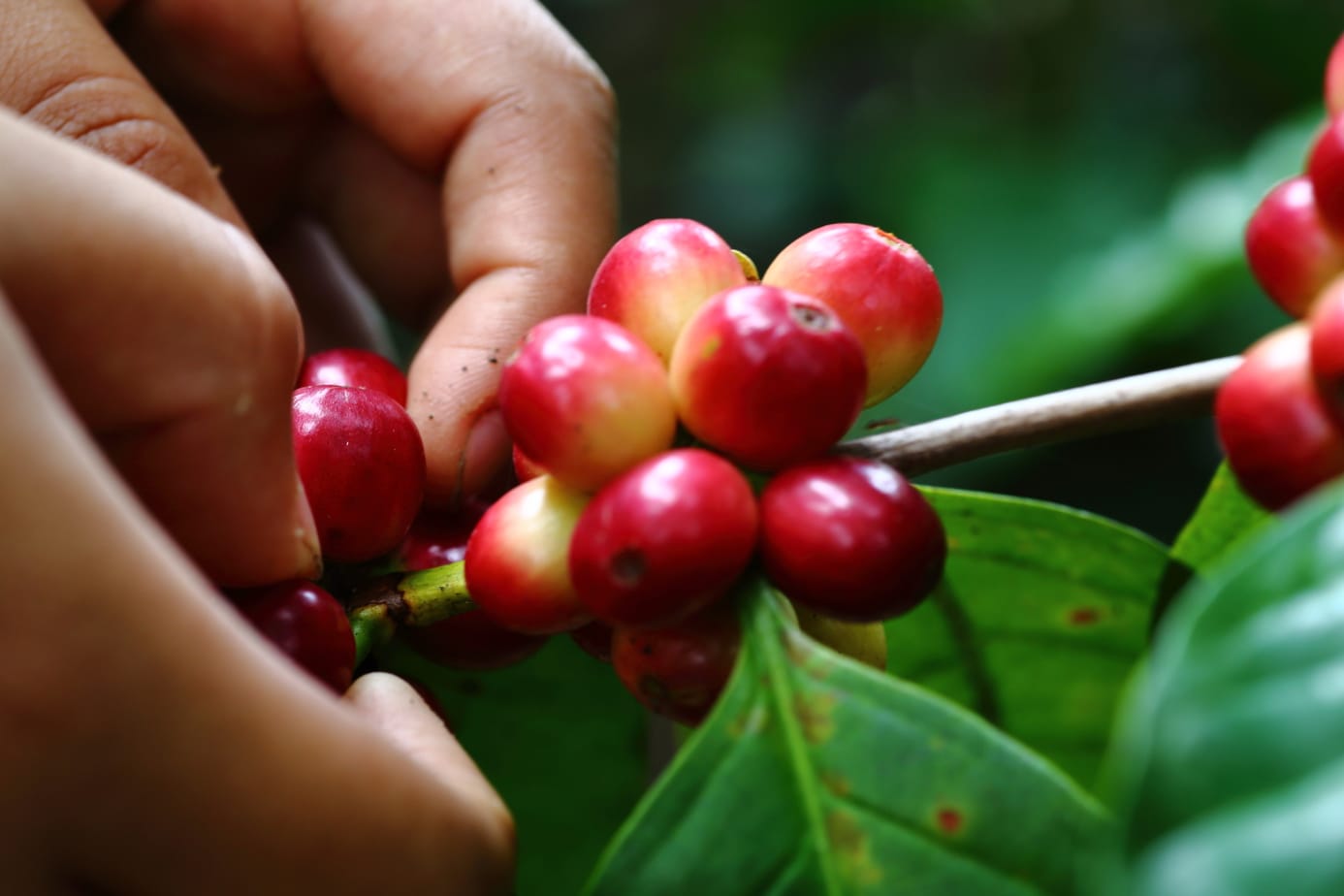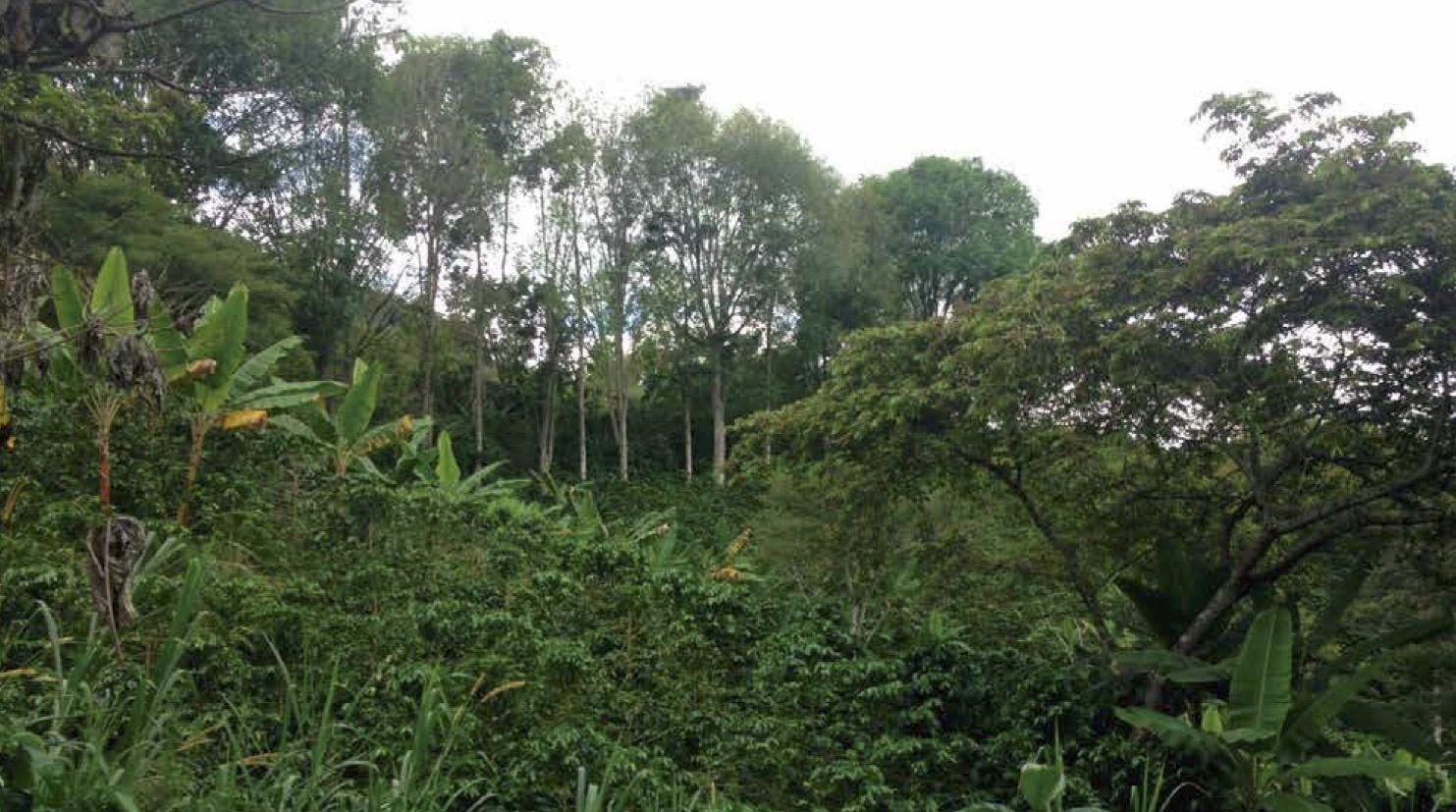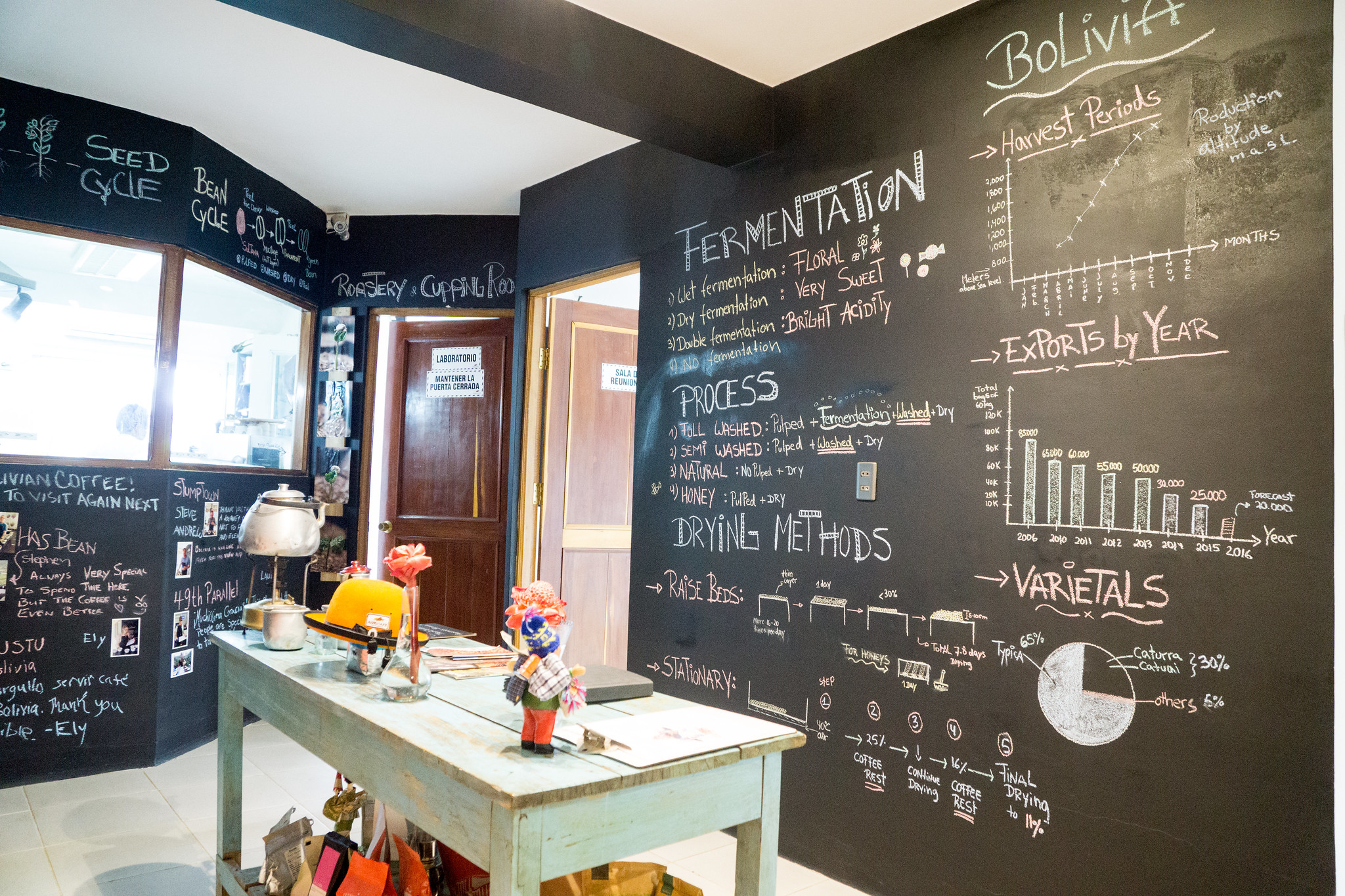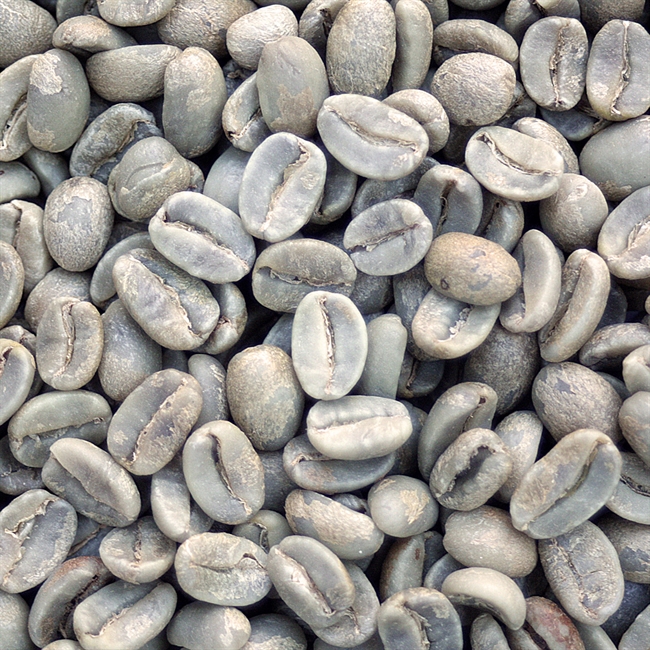Bolivian Coffee Farms

This system was disrupted in 1991 when governmental land reform mandated that larger landowners relinquish their holdings and return lands back to the families and communities.
Bolivian coffee farms. For many years the only way to access the coffee farms of this region was via the yungas road a steep and winding route that led from the city of la paz into the andes. The farm sits at about 1 600 1 650 metres above sea level. However throughout most of the 20 th century coffee production was dominated by wealthy land owners with large farms. Once considered a producer of low quality coffee only suitable for blended roasts bolivia is working to change its image one bean at a time.
Bolivian coffee is just starting to make a name for itself in the world of specialty coffees. The coffee thrived and the cup profile was distinctive and different to the caranavi lots and so the rodriguez family has started investing more heavily in the region planting four more. We buy coffee directly from individual farmers and cooperatives. To generalize these farmers are poor but entrepreneurial native bolivians who have moved to the caranavi region and been given allotments of 10 hectares about 22 acres of tropical land to farm from the government.
Alasitas was planted in 2014 and is 20 hectares in size nearly 16 of which are planted with coffee. This path was the one link between bolivian coffee farms and the rest of civilization until the early 2000s. For this heavily impoverished country it is a matter of creating the infrastructure technology and skills needed to produce a quality. We currently have 20 hectares planted and 2019 will be our first year of our own production.
When it was initially planted it was an experiment to see if coffee could be grown in the area. El fuerte was established in 2013 and it is the first farm that the rodriguez family planted in samaipata. The coffee industry also received technical assistance from the bolivian institute of coffee instituto boliviano de café an autonomous government agency established in 1965 to run model farms and help control disease. Our geisha variety won third place on the 2018 bolivia international presidential competition our winning lot was submitted by our long term partner and farm manager celso mayta.
There is very little available information about the origins of coffee production in the country. In 2016 we started planting our own coffee farms. Whilst we were there we visited agricafe the leading producer of specialty single origin and microlot coffees in bolivia. 90 of coffee farms in bolivia are organic 80 stone coffee recently visited bolivia to find out more about organic coffee and the family run plantations in bolivia.
As of 2020 we have 12 farms 8 in los yungas in la paz and 4 in samaipata in santa cruz which adhere to high quality standards.






